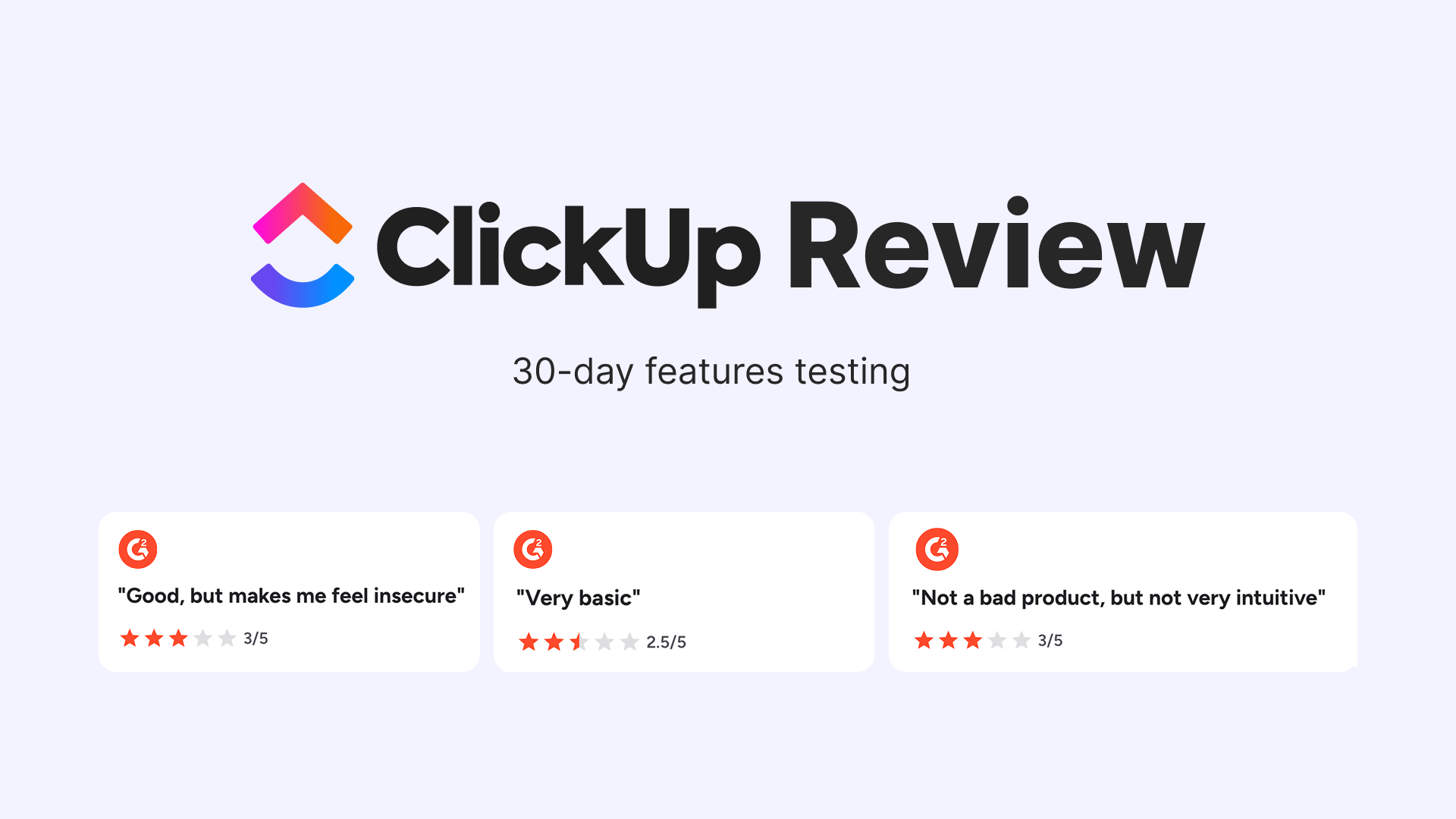Decline the meeting without the guilt
%20(33).png)
If getting work done during the workday feels like a thing of the past, you’re not alone. We recently spoke with hundreds of Morgen users who shared their frustration about the sheer amount of time spent in meetings.
Too many meetings, too few that are actually valuable, and even fewer hours left in the day to work. The problem is especially acute on software engineering teams where tasks such as debugging, coding, QA, and problem-solving all require intense focus and concentration. The more we fragment our days with meetings, the more we sacrifice adequate time for that focused effort.
If this sounds familiar, it’s time to join the calendar purge.
The great decline is having a moment
Elon Musk directed Twitter employees to leave any meeting where they weren’t contributing. Shopify has prioritized focused work time by limiting when meetings happen (never on Wednesday) and the number of attendees (recurring meetings should never include more than 3 people).
The message is clear: Our calendars have become too cluttered with meetings, many of which aren’t that important, and as a result, we’re sacrificing time, focus, energy, and ultimately, quality work.
And while most people can relate to a cluttered calendar, the very idea of simply walking out mid-meeting is uncomfortable to say the least. Declining a meeting can feel rude, especially when technically our calendar shows that we are available.
How to say no, without the guilt
As a polite-to-a-fault-Canadian, I know, saying ‘no’ to an invite isn’t easy. It can feel rude or dismissive or frankly just counter to being a good team player. But I promise, if you can drop the guilt, hitting ‘decline’ can be liberating... and benefit not just you, but your whole team.
Here are 5 tips that have helped me stop auto-accepting:
1. Reflect your busy. People see you have an opening in your calendar and they may be quick to pounce on it. Yet, that opening was time you intended to actually work. Sound familiar? One way to avoid it is to start time-blocking your work. When you schedule time for particular tasks right into your calendar and mark them as ‘busy’, your colleagues won’t see big openings in your day that look ripe for the taking.
2. Ask why. Meetings have become habitual. Making decisions, sharing an update, retroing a sprint... all done in meetings. But do they need to be? Perhaps not. When you receive an invite, ask yourself, “is this meeting necessary?” and if so, “am I right the person to attend?” If you answer no to either question, then it’s a simple decline.
3. Pair your ‘no’ with an alternative. There’s a reason the ‘could have been an email’ memes resonate. Maybe the answer isn’t always an email, but another form of async communications will do the trick. It might take some experimentation, but why not challenge the idea of what needs to be done in a meeting by suggesting some other approaches. It might mean sharing a review with a Loom. Pitching strategy in a design document on Notion and inviting others to contribute. Running an async retro automated with GitLab or with a Mural template. It's a great way to challenge the default reflex to just book a meeting.
4. Share your priorities. You’ve got a big workload and every meeting is chipping away at your time to get the work done. It’s okay to point that out. Sometimes it means asking where the meeting fits within the team’s overall priorities and letting people know that by attending a meeting, a deliverable may be delayed. If it helps, make it concrete for people by letting them know what story will be delayed or that this meeting doesn’t fit into your project role.
5. Just say no. Sometimes “I can’t attend this one” is all you need. No excuses, explanations, proposals or apologies needed. If you feel uncomfortable at the very idea of that, consider why. Contributing in meetings is probably just one facet of your job, and possibly, one of the less important ones. If you know you’re crushing it and you’re a great team player, you can probably have confidence that people will trust your prioritization and decisions.
If on the other hand, you’re often the meeting organizer, you have an opportunity to nudge your team’s culture. Consider if that meeting you’re booking is the best use of everyone’s time... and if not, be vocal about why you’re suggesting an alternate approach or cancelling a long-standing recurring meeting.
It will open others to consider the same... and then you can all get back to work.
.png)

